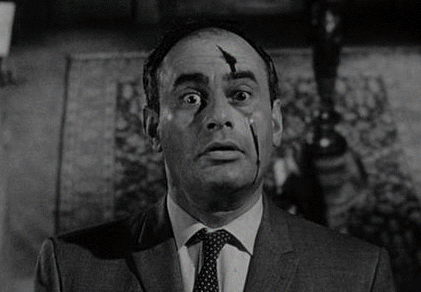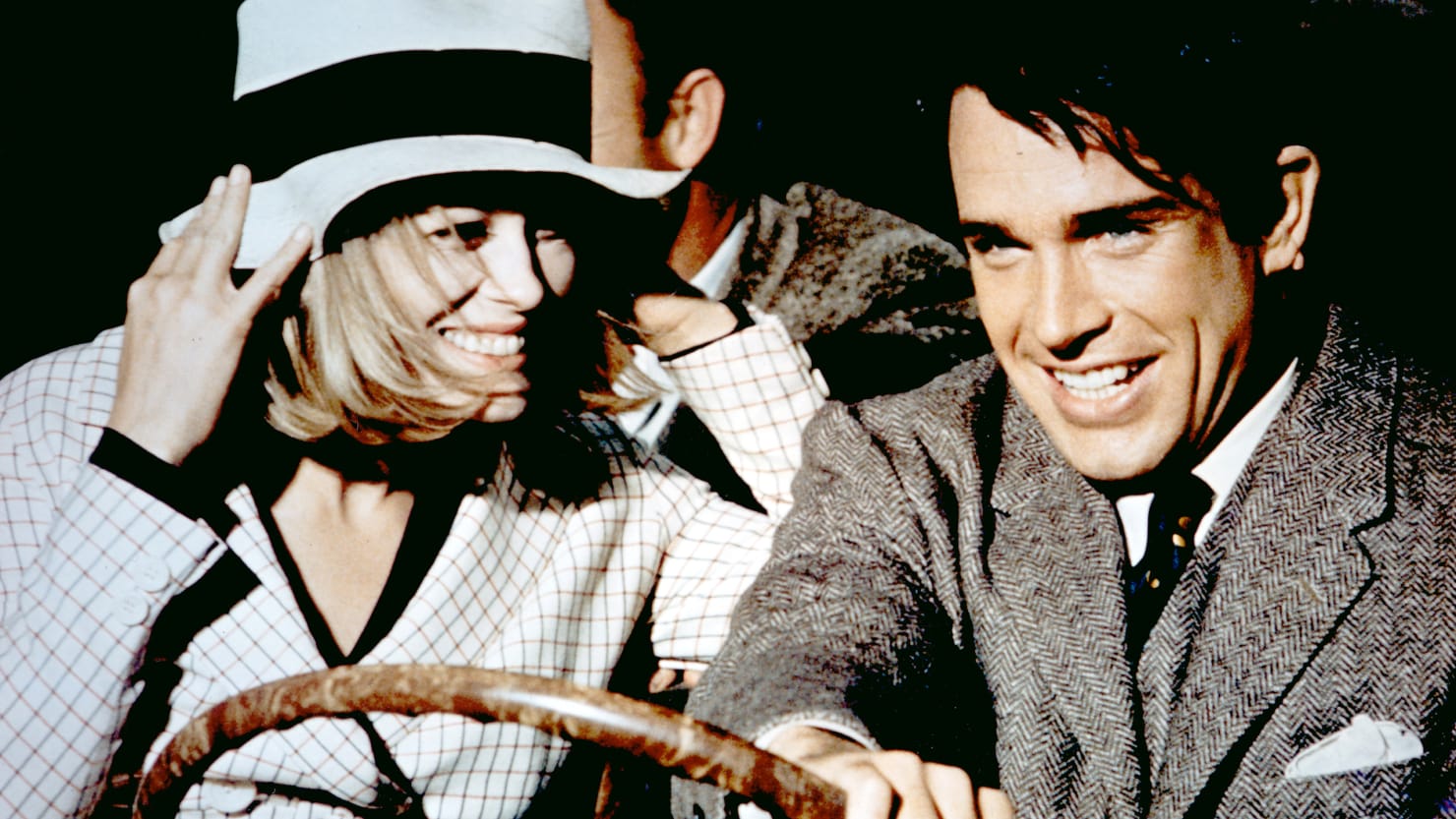The Taking of Pelham 123 is a 1974 thriller film (not to be confused with the 2009 remake) directed by Joseph Sargent and features Walter Matthau [Bad News Bears (1976)] and Robert Shaw [Jaws (1975)].
Simple story: Some terrorists want some money (one million dollars to be exact - over five million today), hijacked a train, and threaten to kill the passengers for ransom money. It's a very simple and is very easy to follow.
I think the best part of the film is the strength of the hero and the villain, which is very similar to what works in Die Hard. Walter Mattahu is good as Garber, and I like him in the role. Robert Shaw is unrecognizable in the film and plays a very good villain. I never noticed that Jerry Stiller (Seinfeld) and was here.
The movie is slow. I mean it's interesting, and I care what was going, but it is very slow paced. Maybe that is a good sign. It did inspire Quinten Tarantino's breakout hit Reservoir Dogs (1992). I do love how the movie ends with that face. I kinda do like movies that just end.
I don't have a lot of other thoughts on this movie. Is it good? Yeah, it has two good performances from Mattahau and Shaw and an interesting plot. It is well directed, and I think it's a good film. Would I rewatch it? Maybe - probably. I think it's worth watching a least once.

.jpg)









